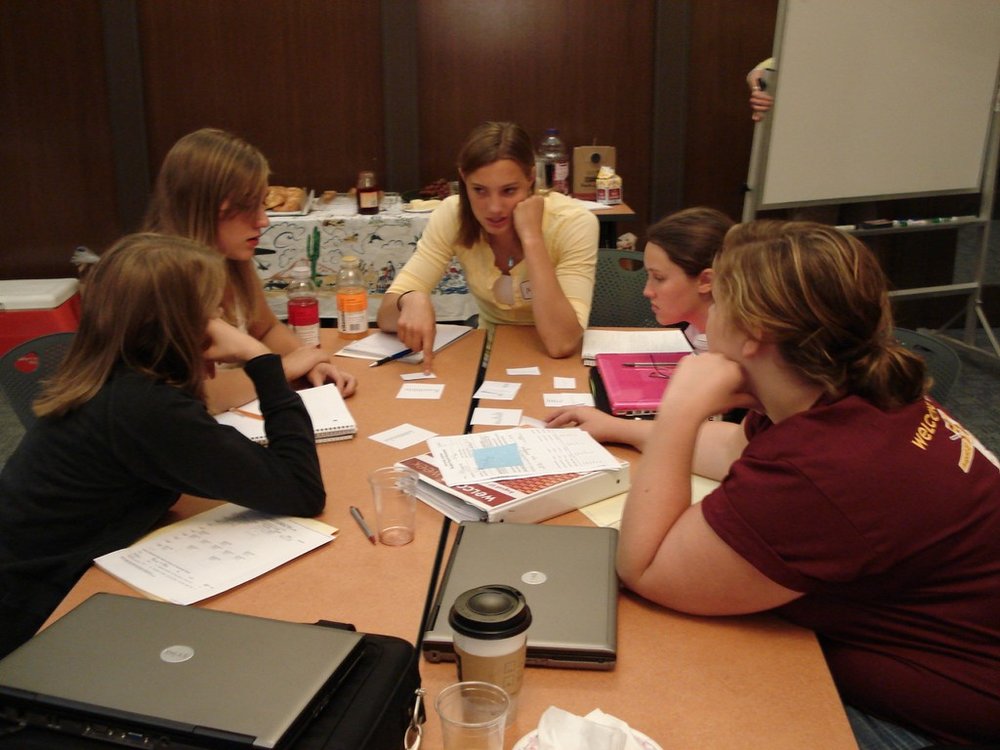The impact of Supplemental Instruction on the performance of male and female engineers in a freshmen chemistry course.

This study used statistical analysis to examine correlations between first year engineering students’ use of SI and their performance in a required general chemistry course at Northeastern University. Overall we found that students who used SI were more motivated in General Chemistry than their counterparts. We also draw the following specific conclusions from our data: Students who were more confident that they would receive a high grade in General Chemistry at the beginning of the course had a higher average grade threshold for seeking SI. Students who sought SI exhibited a positive correlation between grade threshold for seeking help outside the classroom and final grade received. Females who used SI had significantly higher grades than females who did not. SI in the form of Chem Central, the Connections Chemistry Review, and the COE Tutoring Office were all found to have the potential to have a significant positive impact on students’ grades. Students who did not use SI were significantly more likely to skip lecture than students who do attend SI. Increased absenteeism in lecture was associated with lower final grades in both fall 2013 and fall 2014. Females were more likely to attend lecture regularly than males. When extra credit incentives were offered to attend lecture, both genders skipped significantly fewer lectures and received significantly higher grades. We believe the results we have found regarding relationships between students’ use of SI and their success in General Chemistry for Engineers can be applied to improve SI across the freshman engineering curriculum. For example, as Chem Central, the Connections Chemistry Review, and the COE tutoring office were all found to have a positive impact on students’ grades, resources like these could be created to help freshman students in their other courses. Further study of possible interaction effects among these and other variables for which we have data are ongoing. Our results also show that the students who often skip lecture are the students who do not take advantage of resources for SI and receive lower course grades. These may be students who need additional advising and mentoring during their freshman year in order to succeed. The issues raised are important topics of focus for future work in order to gain a further understanding of the impact of SI on freshman engineering students.
To download the annotated bibliography of more than 1,100 citations of postsecondary peer cooperative learning programs, click the following link, http://z.umn.edu/peerbib
